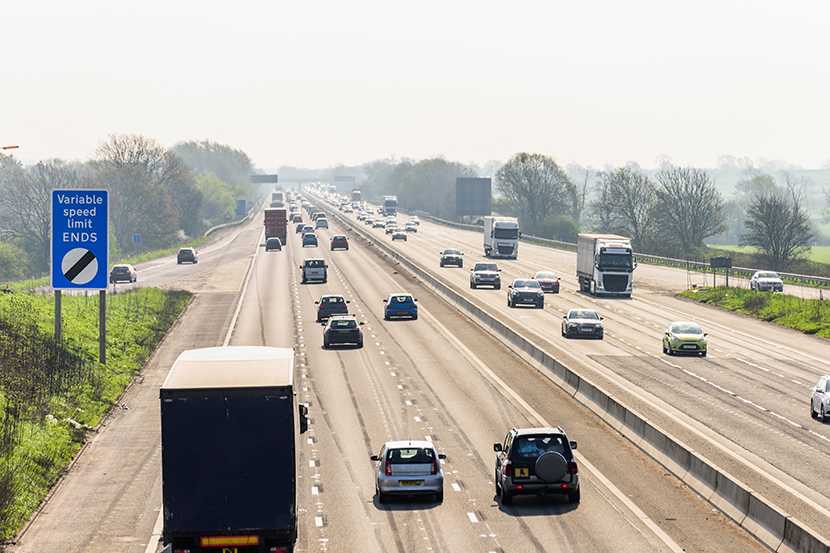
Transportation plays a big role in daily life. In the UK, driving laws and public transport shape how people travel. But these systems are not always fair. Many rules benefit wealthier drivers while leaving others behind. Like services such as BetLabel Casino, transportation should be accessible to everyone. Let’s explore how driving laws and public transport affect different groups.
Driving Laws Hit the Poor Harder
Driving in the UK can be expensive. Insurance, fuel, and maintenance cost a lot, especially for low-income drivers. Strict laws punish those who cannot afford insurance or car repairs. These people often need cars to work or take children to school. Instead of support, they face heavy fines and penalties.
Wealthier drivers, on the other hand, can afford electric cars and avoid congestion charges. Poorer families are stuck with older cars, paying higher taxes and fuel costs. This creates a system that helps the rich while punishing the poor.
Problems with Public Transport
Public transport is not equal across the UK. Big cities like London have good services, but rural areas are left out. Buses in small towns are often late or expensive, making it hard for people to get to work or shops. Without reliable transport, many people must rely on cars, which adds to their costs.
Private companies run most transport services, focusing on profit. This means they cut routes that don’t make enough money, leaving some areas with no buses or trains. A public system could serve everyone, not just profitable areas.
The Struggles of Rural Communities
People in rural areas face unique transport challenges. Without regular buses or trains, they often rely on cars to get around. But owning a car in rural areas is expensive due to rising fuel prices and long distances. Public transport in these regions is underfunded, leaving many isolated.
Improving rural transport services could connect these communities to jobs, schools, and healthcare. Affordable buses and better train networks would reduce the need for cars and make life easier for people in remote areas.
The Need for Public Ownership
Private companies often control public transport, prioritizing profit over service. This leads to higher ticket prices and fewer routes in less profitable areas. Returning public transport to community or government ownership could ensure it serves everyone equally. Affordable, reliable transport would reduce the need for cars and help create a system that works for all communities.
Safer Roads for Everyone
Road safety is often about enforcing rules, but better infrastructure is just as important. Adding bike lanes, repairing roads, and creating safer crossings would protect all travelers. These changes would help pedestrians and cyclists, especially in areas with heavy traffic.
Green Alternatives for Cities
Cities can reduce car use by investing in green options like electric buses and cycling lanes. These alternatives lower pollution and create healthier spaces for everyone. Making public transport faster and cheaper will encourage more people to leave their cars at home.
Lowering Ticket Prices
High ticket prices stop many people from using public transport. Reducing fares would make buses and trains more accessible. Affordable travel helps working families and reduces the need for expensive car ownership.
Accessible Transport for Disabled People
Public transport must meet the needs of disabled passengers. Many buses and trains are not fully accessible, limiting their options. Improving accessibility ensures that everyone can travel independently and safely.
Ending Transport Privatisation
Private companies control most UK transport, focusing on profit instead of service. Returning public transport to government ownership would prioritize people over profits. A publicly owned system would ensure equal service for all areas.
Reducing Pollution from Cars
Car emissions harm the environment and public health. Investing in electric buses and trains reduces pollution and benefits everyone. Cleaner air improves health, especially in busy cities with heavy traffic.
Fair Driving Penalties
Driving fines and penalties often hit low-income drivers hardest. Policies should focus on fairness, offering support for struggling drivers. Helping people meet costs like insurance and maintenance would reduce penalties and improve safety.
Better Transport for Rural Communities
Rural areas often lack reliable transport options, forcing people to depend on cars. Expanding bus and train networks in these regions would connect more people to jobs and services. This reduces isolation and creates opportunities.
A Future with Fewer Cars
The UK must move away from car dependency. Investing in green transport, like electric buses and cycling infrastructure, can make this shift possible. A system focused on public transport creates fairer, cleaner, and healthier communities for everyone.
Conclusion
Transportation in the UK needs to change. Driving laws often harm the poor, while public transport fails many communities. Better public transport and fairer driving policies could make travel easier for everyone. By focusing on accessibility and reducing car dependency, the UK can create a system that works for all.
